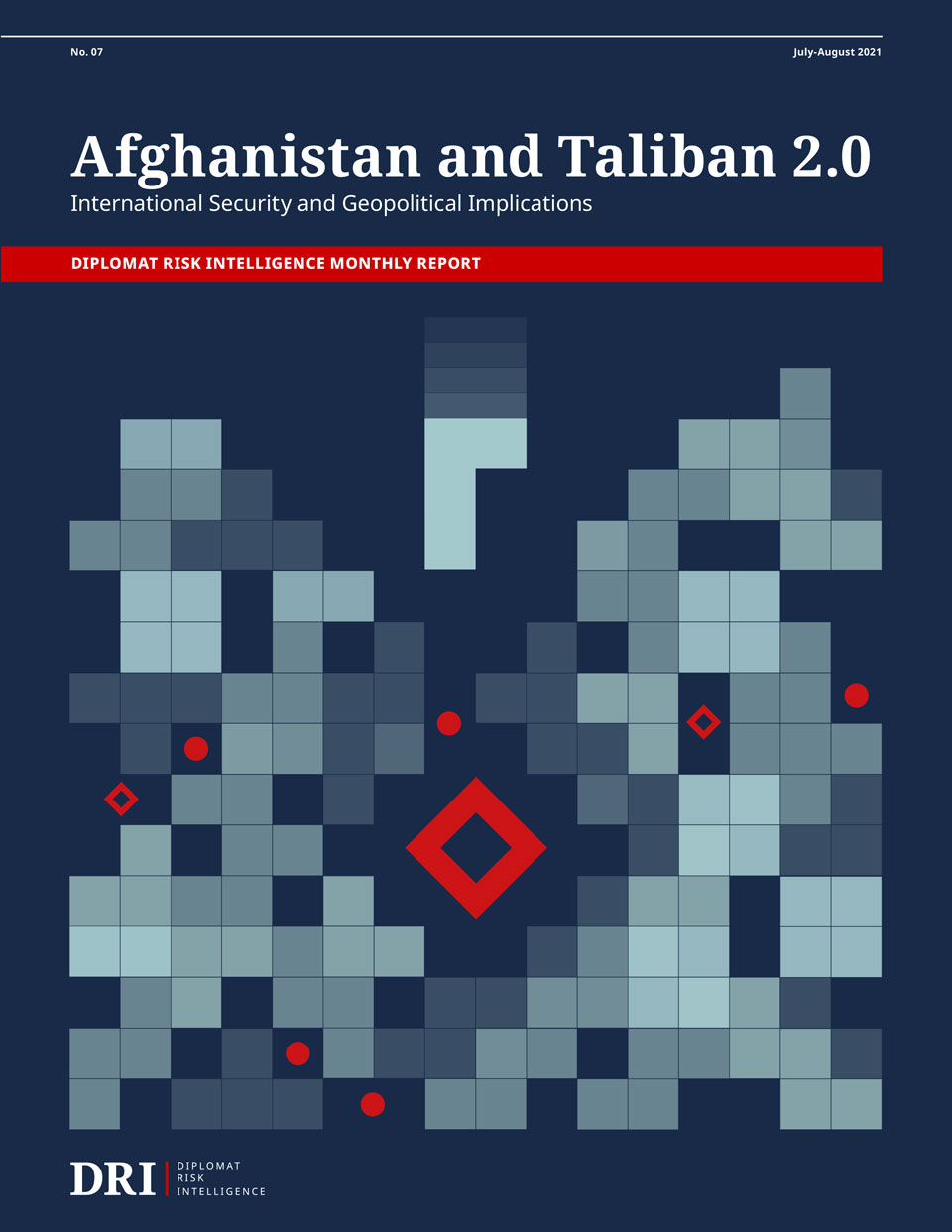| Welcome to the latest issue of Diplomat Brief. This week our top story looks at the importance of Taiwan’s semiconductor capabilities for the U.S. defense industry. We also have an interview with Judith Shapiro, director of the Master’s in Natural Resources and Sustainable Development for the School of International Service at American University, on COP26 and China’s climate change commitments. |
| Story of the week |  | SECURITY How Taiwan Underwrites the US Defense Industrial ComplexWhat Happened: It’s well known that Taiwan plays a crucial role in the global semiconductor industry, manufacturing over 60 percent of the world’s chips. Less remarked upon is how important Taiwan is specifically for the U.S. defense industry, which is increasingly reliant on cutting-edge semiconductors manufactured, in whole or in part, in Taiwan. Our Focus: “While compound semiconductor production [for the U.S. military] has largely been kept onshore, advanced commercial-off-the-shelf (COTS) chips will play an increasingly vital role in weapons systems,” Eric Lee, associate director of programs at the Project 2049 Institute, writes for The Diplomat. “…Taiwanese semiconductors provide critical functionality for advanced U.S. systems such as advanced fighters and ballistic missile defense systems.” What Comes Next: As defense technologies trend toward more integrated, autonomous, and unmanned platforms, more advanced semiconductors will be increasingly central to weapons systems. Lee recommends that the U.S. and Taiwan recognize these developments and more closely coordinate and integrate U.S. and Taiwan defense and technology sectors, including by exploring co-development and co-production of next generation defense platforms. Read this story |
| Behind the News | INTERVIEW Judith ShapiroProfessor Judith Shapiro, co-author with Yifei Li of the book “China Goes Green: Coercive Environmentalism for a Troubled Planet,” on China’s climate change pledges: “China’s commitment to stop building coal-fired power plants on the Belt and Road is one of the few bright lights in the current dark landscape. The announcement shows that China is at least somewhat receptive to constructive international opinion.” Read the interview |
| This Week in Asia | Northeast Asia CCP’s Sixth Plenum Rewrites HistoryThe sixth plenum of the CCP’s 19th Central Committee is underway, set to wrap up on November 11. The highlight is widely expected to be a new “Resolution on History,” only the third in CCP history. The previous two Resolutions on History not only cemented Mao Zedong and Deng Xiaoping as the predominant leaders of their time, but marked the beginning of new phases of PRC history. Xi is seeking to do the same by codifying his “New Era” into CCP doctrine. Find out more | South Asia Nepal’s India OutreachNepal’s Prime Minister Sher Bahadur Deuba has made a point of reaching out to India since taking office in July 2021. After a series of increasingly high-level meetings, Deuba finally met Indian Prime Minister Narendra Modi at COP26 in Glasgow, and bilateral summit meetings are expected to follow in the next few months. While the political will to improve relations is evident on Deuba’s part, India so far has shown little interest in comprising on issues of great importance to Nepal, including territorial disputes. Find out more | Southeast Asia Cambodia Takes Over as ASEAN ChairWith the 2021 ASEAN summits over, the rotating ASEAN chair position has passed on to Cambodia. Prime Minister Hun Sen set the tone right away, pledging to “do what it takes to crack down [on] protests during Cambodia’s ASEAN chairmanship.” The last time Cambodia held the chair spot, in 2012, its tenure marked a low point for ASEAN, with the bloc’s first-ever failure to issue a joint statement after the ASEAN Regional Forum. Will Cambodia fare better this time around? Find out more | Central Asia Mirziyoyev’s 2nd Term Kicks Off With Foreign Journalist Kicked OutOver the weekend, Uzbekistan’s Shavkat Mirziyoyev was inaugurated into his second term, while promising not to let up on his reform push. Nevertheless, the next day Polish journalist Agnieszka Pikulicka-Wilczewska, who had been living in Tashkent for the last three years documenting the country’s changes (or lack thereof), was denied re-entry to Uzbekistan. Find out more |
| Visualizing APAC |  | Cumulative COVID-19 cases as reported from the Central Asian republics. Turkmenistan is the outlier, continuing to insist it has not seen a single case of the new coronavirus. See the full picture |
| Word of the Week | ENVIRONMENT TokhangThe name for Philippine President Rodrigo Duterte’s controversial anti-drug campaign, a portmanteau of the Cebuano words “toktok” (knock) and “hangyo” (plead) Find out more |
| Webinar | The Diplomat Asks AUKUS’ Reception in the Indo-PacificAUKUS adds to growing array of minilateral arrangements in Asia today and has drawn a variety of reactions from across the region, ranging from wary to enthusiastic. What are the regional sensitivities around AUKUS? What does AUKUS mean for Australia's broader regional role? How will AUKUS contribute to regional debates on a security architecture? Join us on November 17 at 5 p.m. U.S. Eastern time for an expert overview of the regional reaction to and long-term implications of AUKUS in the Indo-Pacific. Sign up for the webinar |
|  |





